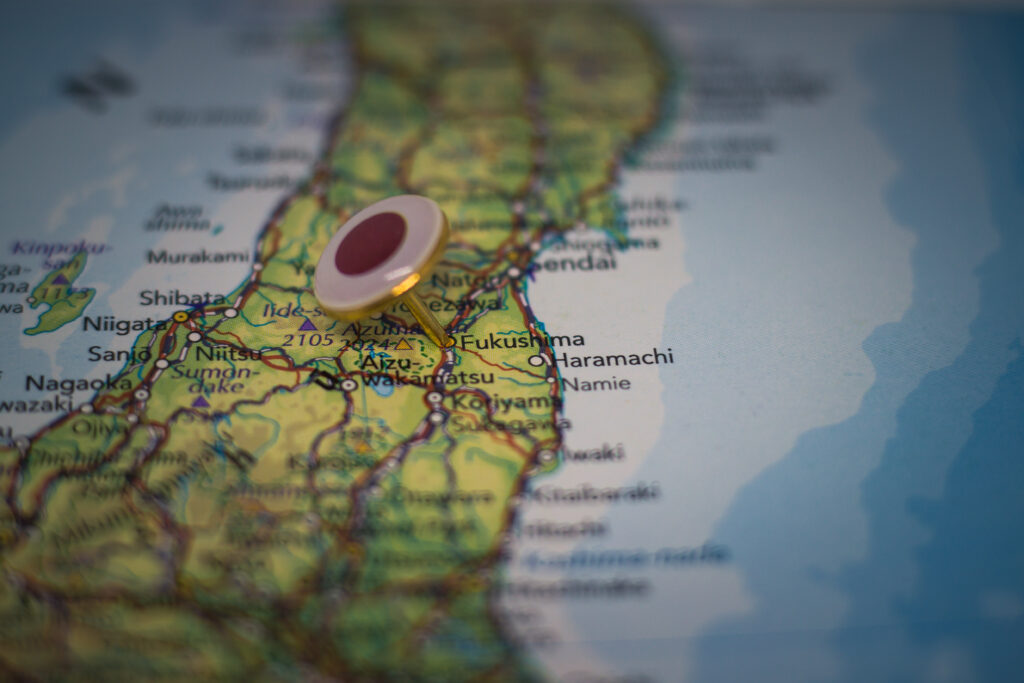Seafood war looms after Japan releases nuclear plant water

An inter-Asian seafood war is threatening after Japan began releasing waste water from the earthquake-damaged Fukushima nuclear power plant.
China became the latest country to ban imports of all types of Japanese seafood while South Korea has stopped taking fish caught or farmed from the area around the now abandoned power plant.
Anti-Japanese sentiment is also on the increase in South Korea. Several people were arrested after attempting to storm the Japanese embassy in Seoul while hundreds have taken to the capital’s streets in protest.
Public concern remains high in South Korea over the plan to release more than 1 million metric tons of treated radioactive water.
Other Asian countries are expected to ban or restrict Japanese seafood imports in the coming weeks.
More than a million tonnes of treated radioactive water is understood to be stored at the now inactive power plant
The water was used to cool the reactors damaged by a huge earthquake and tsunami which hit Japan in March 2011, claiming 18,000 lives.
While the action is not specifically directed against Japanese farmed seafood, the boycott on China’s part includes fish of all types.
The protest is directed against Japan’s release of large quantities of purified, but still radioactive, waste water from the destroyed Fukushima nuclear power plant on Japan’s Pacific coast.
The International Atomic Energy Agency (IAEA) has assured that the waste water poses no danger to either people or the environment. Even so, in China and South Korea the reactions are strong.
The release began earlier today, Thursday, and will take place over a period of 30 years. In total, 1.3 million tonnes of purified water will be released.


